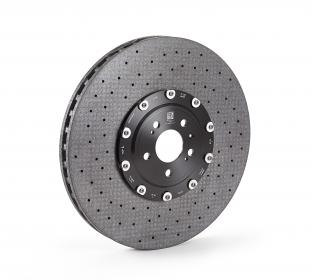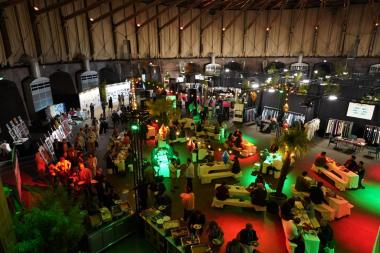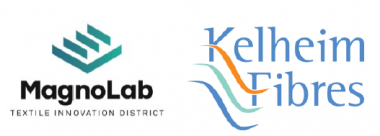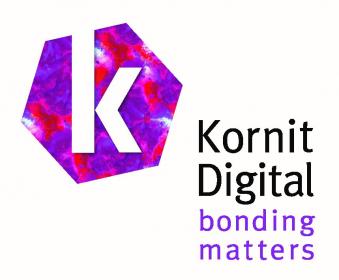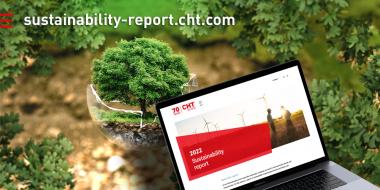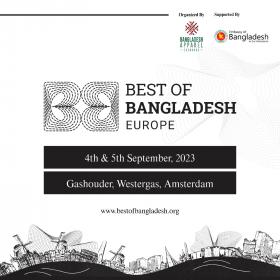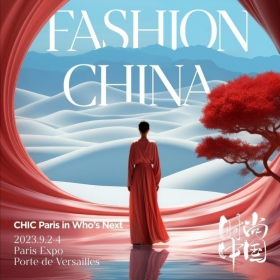Lenzing receives EU Ecolabel for fiber production in Indonesia
The Lenzing Group has received certification from the internationally recognized EU Ecolabel for its fibers at the Indonesian site. This means that Lenzing fibers produced in Purwakarta (PT. South Pacific Viscose) meet high environmental standards. The product portfolio thus expands and qualifies for the production of LENZING™ ECOVERO™ brand fibers for textiles and VEOCEL™ brand fibers for nonwoven applications.
The substantial investment of EUR 100 mn to modernize the Indonesian site has enabled Lenzing to significantly reduce its specific emissions. In addition, the site recently began sourcing energy from renewable sources and is driving the conversion to biomass in line with Lenzing's goals of reducing group-wide carbon emissions per ton of product sold by 50 percent by 2030 and achieving carbon-neutral production by 2050.
Anthropogenic climate change is one of the most pressing problems of our time, to which both the global textile and nonwovens industries make a major contribution. LENZING™ ECOVERO™ viscose fibers (for textiles) and VEOCEL™ Viscose (for nonwovens) have been proven to cause significantly less greenhouse gas emissions and water pollution than conventional viscose. At the Indonesian site, Lenzing also plans to produce the innovative LENZING™ ECOVERO™ Black fibers in the future, which also require less energy and water in textile chain thanks to the spun-dyeing process and thus also have a lower carbon footprint in their life cycle as a textile product.
Lenzing Group











